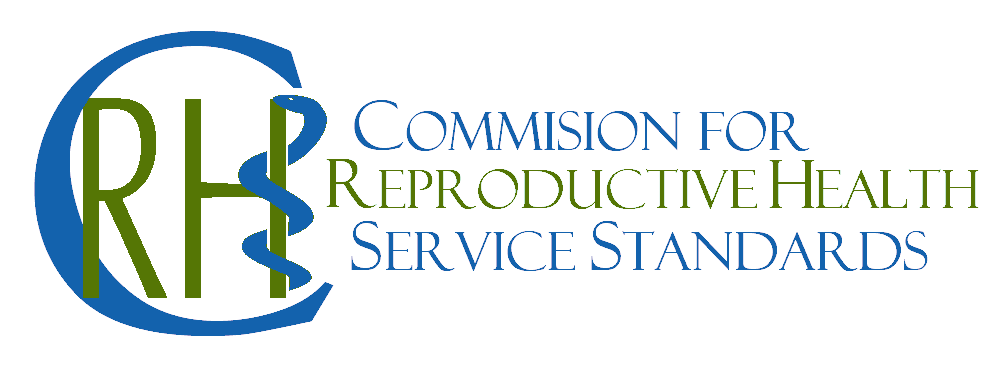 The following analysis is not about this or that detail of Obamacare or the details and concessions of a replacement. This is an attempt at exploring the ground of the debate and why the current path many pro-life advocates are following in an effort to arrive at an abortion free America, or at least an America where abortion is not free of charge, is not workable.
The following analysis is not about this or that detail of Obamacare or the details and concessions of a replacement. This is an attempt at exploring the ground of the debate and why the current path many pro-life advocates are following in an effort to arrive at an abortion free America, or at least an America where abortion is not free of charge, is not workable.
Think of the next few paragraphs as a little exploratory moral surgery into the body politic of American culture. The aim of this project is to demonstrate that the unsolvable nature of various ‘social issue’ debates, from what to do about abortion specifically to healthcare reform generally, may all stem from one and the same problem which not many seem to recognize and fewer seem to address. But if this one mistaken fundamental moral assumption which both western Christians and secularists hold in common were addressed openly we may have a good shot at lasting resolution.
A great deal of what follows is a synthesis of the most salient modern medical and moral thinkers; the late existentialist Catholic physician Dr. Edmund Pellegrino formerly of Georgetown University Medical Center, his colleague, the esteemed Aristotelean philosopher of Notre Dame Dr. Alasdair MacIntyre and especially the Orthodox Christian physician ethicist Dr. H. Tristram Engelhardt of Rice University. It is his comprehensive historical distillation of the impact of moral philosophy upon culture which is most prophetic and instructive for America’s apparently unsolvable culture war manifesting itself in healthcare reform.
Symptoms of the Disease:
The point that we all seem to be talking around but not about is the fact that medical care, regulated and distributed via secular government command, represents a worldview either unwilling or incapable of accommodating differing moral positions. Ironically, the healthcare rift may end up being a monument to the fundamental shared assumption between secularists and western Christians; that at least some aspects of human interaction like medical care can be universalized. But can they? For example, a government that legalizes then normalizes morally objectionable practices to Christians such as abortion by calling it basic healthcare cannot seem to comprehend within its systems conscientious objectors, except to see them as misguided obstructionists to be avoided at best and at worst substandard medical heretics to be penalized or removed from practice.
A government that attempts to universalize health care to all citizens is compelled, presumably in the interests of equality, to also attempt to universalize its delivery by all providers. This is so because it is erroneously supposed by those in government that the definition of the good life, good health, and good healthcare is the same for everyone. Yet answers to these questions take for granted fundamental beliefs about the nature and value of man. Quizzically, secular government refuses to discuss or reveal the moral ground presupposing its answers to those questions. Yet it is precisely those fundamental beliefs which drive all healthcare decisions by patients as well as healthcare delivery by clinicians. This refusal to acknowledge core beliefs strips a free society of the luxury of discussing openly the differences of moral constructs between the secular ethic now mandating universal compliance and a Christian ethic which used to mandate compliance in the medieval era. Perhaps then, it can be said truly that this progressive secular orthodoxy is more akin to medieval morality than anyone would care to admit.
The Grim Prognosis:
The secular centralization of the medical system lumps all citizens into population blocks without respect for individual patients in need of customized medical care by fellow humans. These population blocks blind government with a thick veil of bureaucracy to the actual needs of individuals and ties the hands of clinicians and providers to consider first the directives and clinical protocols of the State over the concerns and conditions of the patient at the knee. Managing medicine in this way dehumanizes both patients and clinical providers. It can be seen no more clearly than the population of women of child bearing age and abortion. If preborn babies were dehumanized by SCOTUS in 1973, Obamacare dehumanized the rest of us, and SCOTUS supported it, twice. The preceding is merely an attempt to show that begging government not fund abortion via a universalized secular medical system is ethically nigh unto impossible since we do not share the same core values except universalizability. And so it is also, in the long run, politically impractical.
If pro-life leaders are successful at the abortion defunding objective, it can only be a temporary fix unless we all, Christians and secularists alike, reject the notion of a universal ethic rooted in personal autonomy. A universal ethic fixed solely in the reasonable capacity of all individuals is an oxymoron and a castle in the clouds. Apart from this, the fate of society being forced to fund abortion with tax dollars will be the case for all other manner of medical quackery including physician assisted suicide, euthanasia, gender reassignment surgery, etc.
Incrementalism in the battle for the preborn boy and girl is understandable, but America sold itself down the river to a hard and exacting task master when many pro-life advocates insisted Obamacare not fund abortion instead of insisting Obamacare not be funded at all…. We can’t fly so close to the sun of universal morality and expect to keep our feathers, I mean faith. America has lost her soul and it seems nowhere more obvious than the secularization and the spectacular consolidation of medicine under the banner of universal healthcare standards. There are Christian healthcare standards and there are secular ones. The Christian standard has a liberal view of equal value of all humans including everyone with unique human DNA while the secular view has a narrow one arbitrarily excluding those that inhibit one’s own personal autonomy. And it is obvious to all that sooner or later the differences will become barriers to the freedom, and yes autonomy too, of those Christians who differ from the secular majority.
Treating Symptoms Vs Curing the Disease:
The various phases for Obamacare repeal and replacement including defunding of abortion merely address the symptoms of the disease and DO NOT REPRESENT A CURE on the long journey back to health for an ailing civilization. However, one happy benefit of this treatment plan is that it could afford America an environment where the disease and cure could be considered. The fact is that for America to have medical care available to people that does not violate either the patient’s beliefs or the clinician’s, medicine must be decentralized into enclaves. Secular medical schools, clinicians, and hospitals with secular ethics serving secular people living alongside various Christian medical schools, clinicians, and hospitals serving Christians and others, which is the way of Christian charity, etc. And let the various versions serve their own  and/or compete for the business of the other disparate people groups.
and/or compete for the business of the other disparate people groups.
But herein lies the rub; just as Obamacare represents a massive power grab from the people, relinquishing comprehensive medical regulation constitutes a massive power give back to the people on the part of the government which the people may not want. Our government has ample opportunity to give that power back yet is displaying very little interest in doing so. Hence, the ‘Replace’ language. But legislators, Supreme Court justices, and presidents are not fully to blame. As has been noted, polls regarding Obamacare repeal show the people do not have a passion to pick back up the responsibility for self-government in medical care and neither do they seem eager to understand the dangerous effects universalization has to their dignity. No, as Shakespeare opined, “The fault, dear Brutus, is not in our stars, but in ourselves….”
We no longer live in an America driven by Christian values. Instead we live in an explicitly de-Christianized America where a godless culture defines itself over against the traditional Christian values that lay at the heart of the now shallow secular embrace of human dignity as defined by absolute autonomy. This pivotal concept drives much rhetoric regarding medical reform but is a faint echo harkening back to the resonant depths of the Judeo-Christian understanding of the inherent and equal value of each human, all made just a ‘little lower than God.’ Arguing the details of comprehensive healthcare legislation gives implicit consent to the secular government assumption of a universal secular ethic which defines for everyone what constitutes good healthcare. And accepting this flawed assumption means Christians already lost. Asking for concessions to defund abortionists or other similar requests within any comprehensive medical bill like Obamacare or its ‘replacement’, however much smaller, may well be an exercise in futility.
